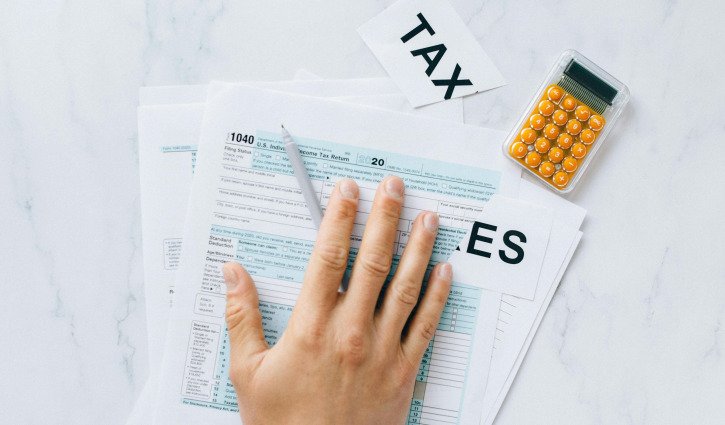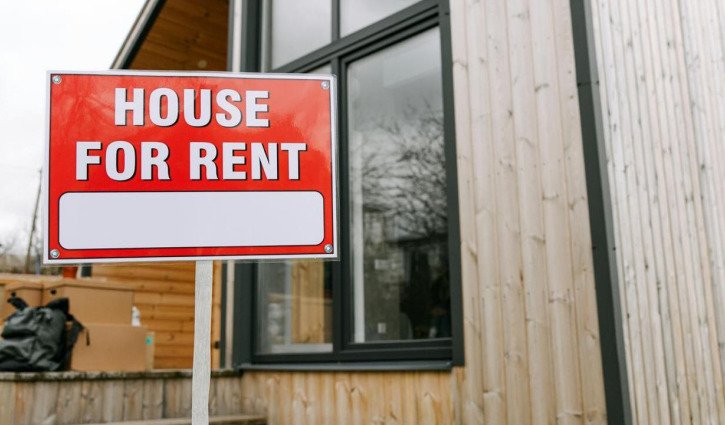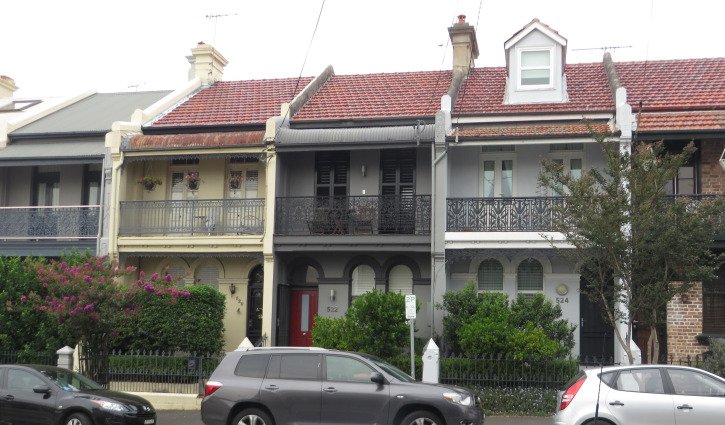Housing affordability remains a key issue ahead of the upcoming federal election, with reports still showing Australians struggle with record-low vacancy rates and rental affordability in both major cities and regions.
The 10th annual report on rental affordability, published at the end of last year, by SGS Economics & Planning found Sydney and Perth had become the least affordable cities for renting Australians, with some paying more than one-third of their income towards their rent.
“Over the past year, major capital cities — Sydney, Melbourne, Brisbane, Perth, and Adelaide — have recorded their worst affordability scores since the Index’s inception," the report wrote.
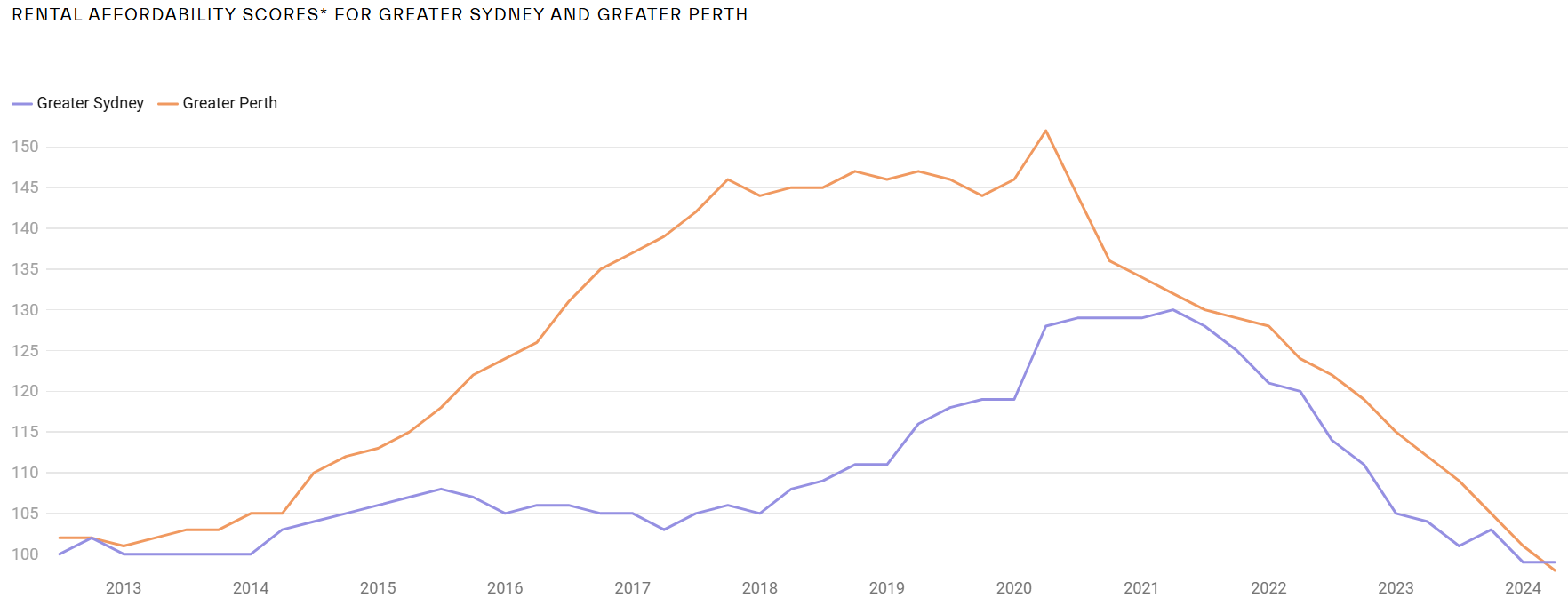
"Perth saw the steepest decline in affordability, dropping by a staggering 13%, followed by Adelaide at 8%, Melbourne at 6%, Sydney at 5%, and Brisbane at 4%.”
This is also coupled with a rental vacancy rate sitting at an average of just 1.9% Australia wide, according to the latest data CoreLogic.
As of December 2024, the think tank reported that Darwin had the highest vacancy rate in the nation, at a rate of 2.8%, while Adelaide had the lowest at just 1.1%.
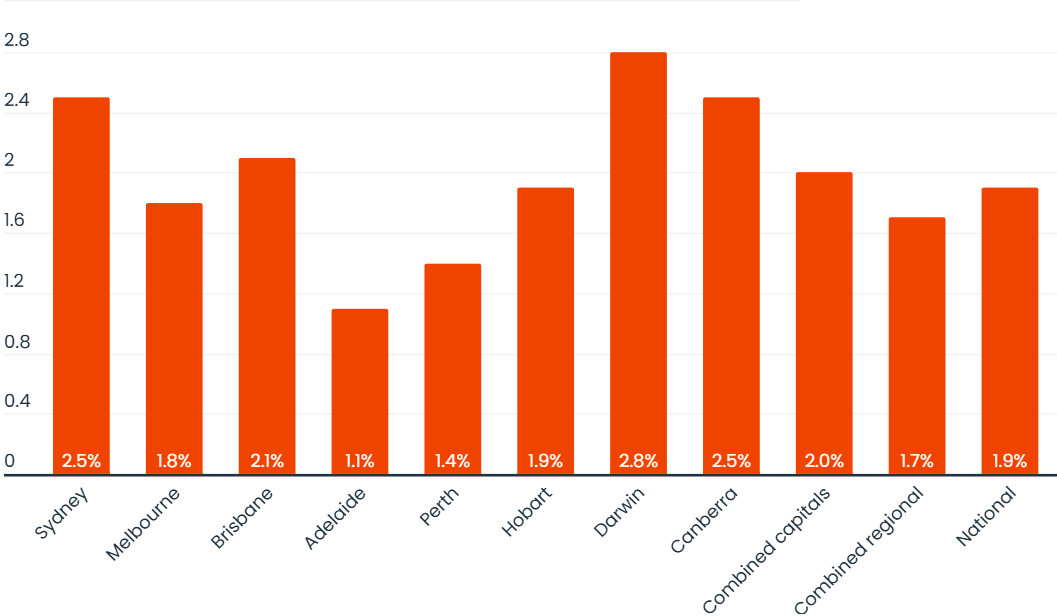
"Rental affordability continues to be a significant drag on rental growth," said CoreLogic economist, Kaytlin Ezzy, also noting her findings that since the COVID pandemic, Australian rents have increased by 36.1% nationally.
This was the equivalent of $171 per week, or $8,884 per year at the median level.
Now, rental and housing affordability is centre stage for both the major parties ahead of the federal election, expected to be called in May.
Opposition leader Peter Dutton has put forward a two-year ban on foreign investors and temporary residents purchasing Australian homes as a notable part of his election campaign.
Meanwhile the Albanese government recently announced $200 million in housing and infrastructure funding for Western Australia, focused mainly on regional areas surrounding Perth and up.
Treasurer Jim Chalmers has announced the major banks will review their policy on HELP-HECS debt loans impacting the ability to take out a mortgage, a move rebuked by his Shadow counterpart Angus Taylor who said it would provide “no new money, no new ideas and no new homes”.

